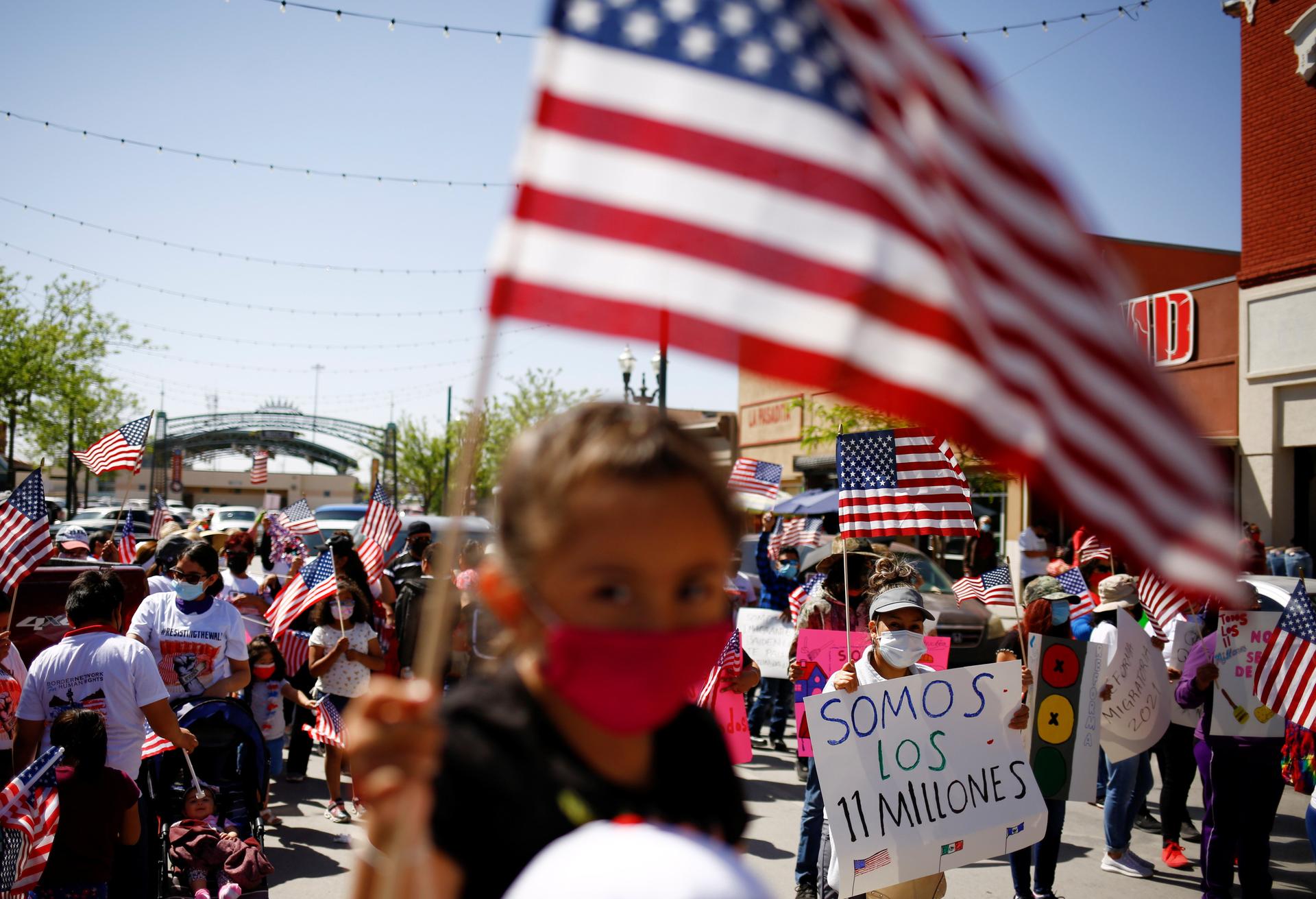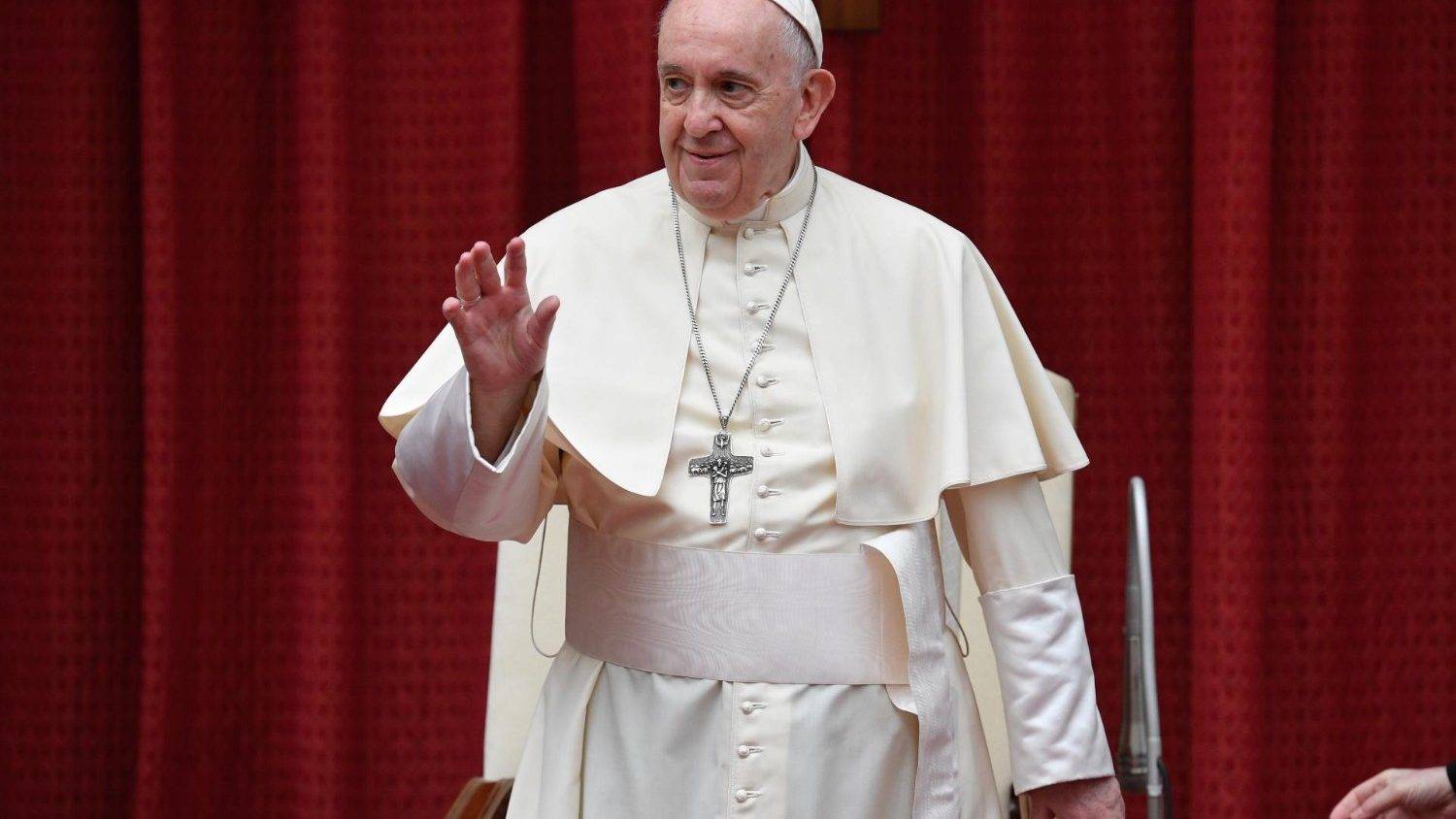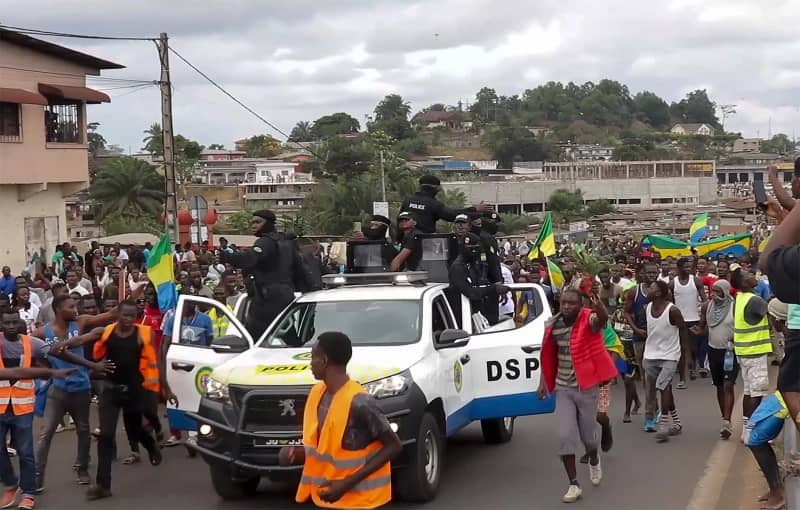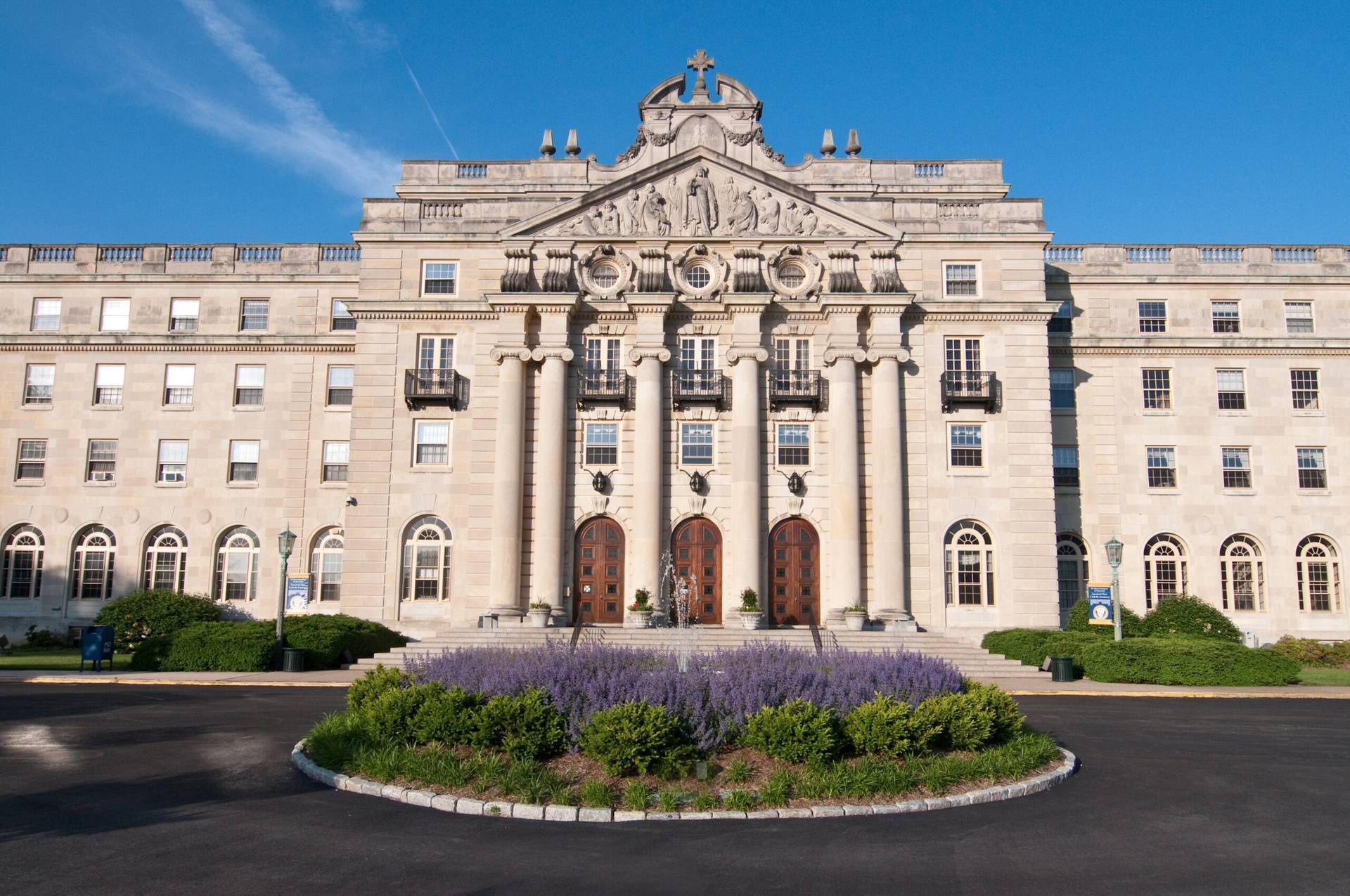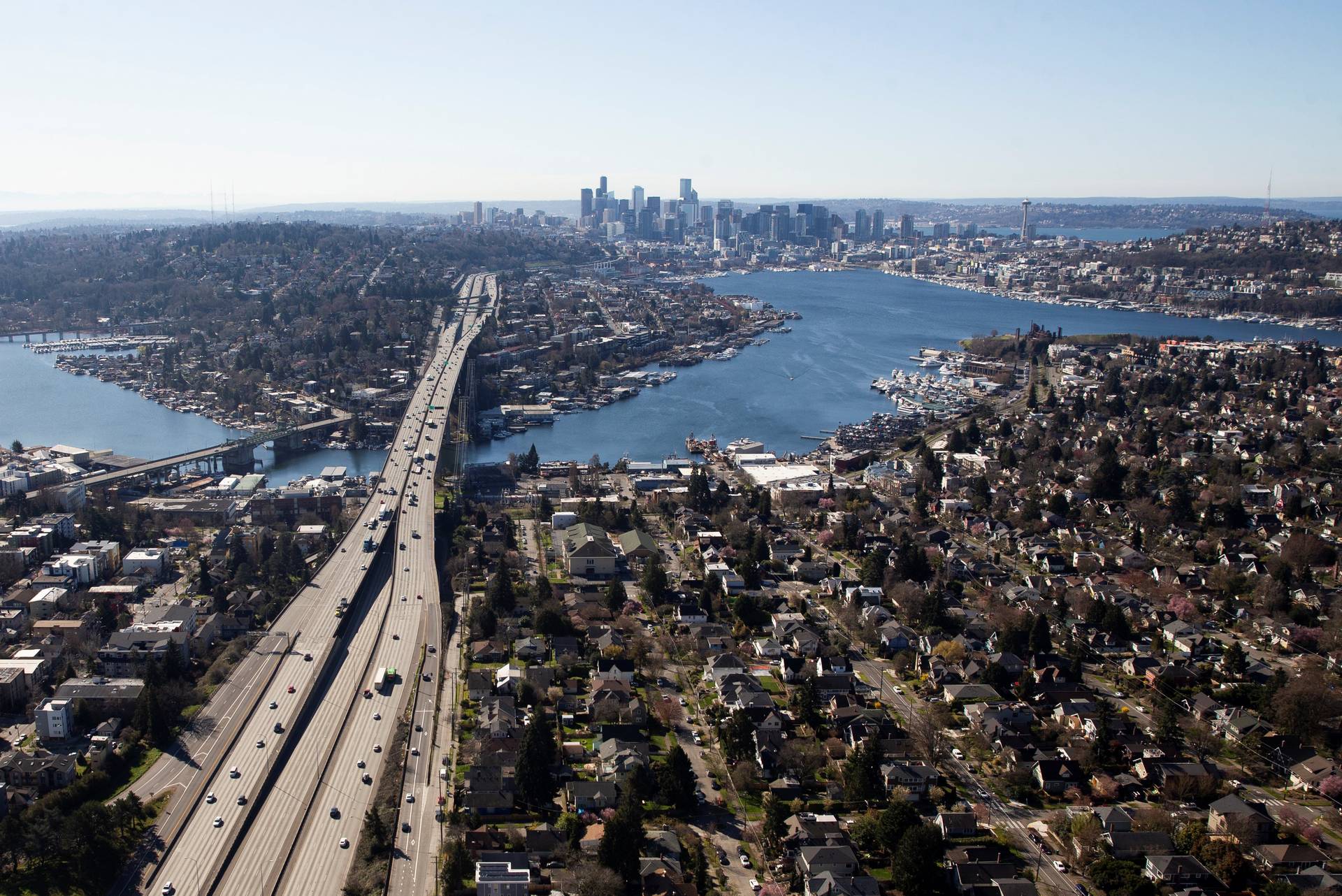NEW YORK – A bill to help immigrant children achieve permanent legal status has received the support of the U.S. bishops conference for how it would quicken the visa process for vulnerable children, but also because it could free up more visas for foreign-born religious workers.
The “Protect Vulnerable Immigrant Youth Act” was introduced in the House and Senate last month. In essence, it would exempt tens of thousands of children from annual employment-based visa caps, which supporters claim would ease case backlogs and free up visas for people such as religious workers, while allowing the children to continue life in the United States as lawful permanent residents.
“With this small change, you could uphold the right to religious exercise, a foundational American principle, and empower vulnerable young people to flourish in their new country, contribute to our nation, and reach their full God-given potential,” Bishop Mark Seitz of El Paso, the USCCB migration chair, wrote in a July 12 letter to Congress.
Eligible youth are those with Special Immigrant Juvenile Status (SIJS).
Requirements to qualify for the SIJS program include being under 21-years-old, currently living in the U.S., being unmarried, and having been a valid juvenile court order, which finds an immigrant youth cannot be reunified with one or both parents because of abuse, abandonment, or neglect, and that it is not in the youth’s best interests to return to their home country.
Under the current system, SIJS youth are in a visa category – an employment-based EB-4 visa – with adults, making it so they have to compete for visas with religious workers, members of the U.S. armed forces, noncitizens who have supplied information concerning a criminal organization or enterprise or information concerning a terrorist organization, enterprise or operation, and others.
Per a 2008 law, Congress requires United States Citizenship and Immigration Services to adjudicate SIJS petitions within 180 days, however, many of the youths in the program are forced to wait years, as the country’s whole immigrant visa system faces a significant backlog.
For context, the federal government published backlog data this month that shows there are 351,821 immigrant visa applicants pending the scheduling of an interview after this month’s appointment scheduling was completed. In 2019, that figure stood at 60,866 each month.
The data also shows that there are 36,576 interviews scheduled this month. So, based on the number of interviews currently scheduled and pending, it would take about 10 months for USCIS to interview all of the eligible applicants, and that’s if they didn’t accept any new applications.
As it pertains to the SIJS youth, the “End SIJS Backlog Coalition” reported at the end of 2021 that there were more than 44,000 immigrant children trapped in a backlog – a figure that has likely increased. The organization applauded the introduction of the Protect Vulnerable Immigrant Youth Act.
“It is unconscionable and completely unavoidable that children who have already been granted SIJS are trapped in a years-long limbo that endangers their lives, all because SIJS was mis-categorized in the visa system,” Rachel Davidson, the coalition’s director, said in a statement.
“The Protect Vulnerable Immigrant Act would ensure that thousands of SIJS youth are protected from deportation and can achieve the permanency in the United States that Congress intended.”
In his letter, Seitz highlighted the kinds of vulnerabilities SIJS children face as a result of the delay.
“Dreams of pursuing higher education are stifled by FAFSA ineligibility, heavy mental burdens are imposed by the looming possibility of deportation, and exploitation and homelessness remain ever-present threats,” Seitz said.
“Exempting SIJ applicants from the annual cap would put them on par with various other humanitarian classes who are exempt from the annual limitations in recognition of the fact that they are not employment-based immigrants,” he said.
The Protect Vulnerable Immigrant Youth Act was introduced in the Senate by Senator Catherine Cortez Masto (D-NV), who said the backlogs are “keeping too many [vulnerable immigrant children] in limbo.
“My legislation will help these immigrant youth facing extreme circumstances to become legal residents so they can have the protection and opportunities they deserve,” Masto said in a statement.
Representative Jimmy Gomez (D-CA), who introduced the legislation in the House alongside 31 other Representatives, simply argued in a statement that “all young people deserve a safe and stable home.”
“I urge my colleagues to join us to make good on our nation’s commitment to protect immigrant youth,” Gomez said.
Follow John Lavenburg on Twitter: @johnlavenburg
